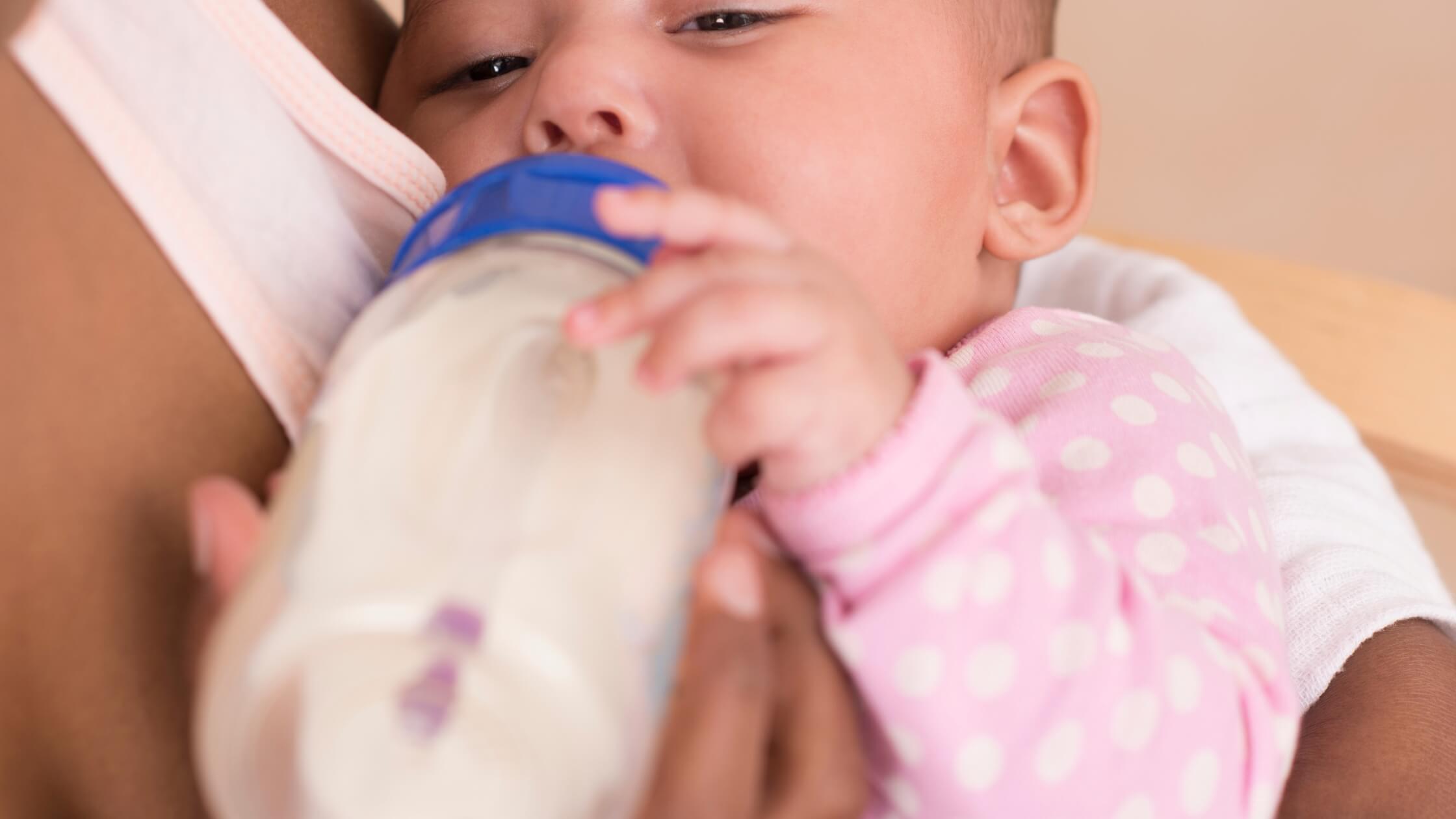Sleeping and eating. Besides being cute and lovable, those are an infant’s primary occupations. As parents, we have to be on top of ensuring that they get enough sleep and food each day and to optimize the benefit of both, it helps to be able to time everything out correctly. If you feed too close to a nap window, it can cause issues, and if you wait too long to put them down after a feeding, then their sleep quality and quantity suffers. Who knew that there were so many spinning plates that parents had to manage outside of the ten million little things that come with caring for a newborn. Having said that, we wanted to take some time today to talk about best practices for your baby’s bedtime feed, so you can get a happy, well-rested and well-fed baby. What parent doesn’t want that?
General Rules Of Thumb
The general rule of thumb with feeding a baby is to ensure that they are fully topped off not long before putting them down to sleep for the night. Ideally, feeding right before sleep is ideal. Some families choose to fully complete the feed 10-30 min prior to sleep. The important component is to aim for there to be a separation between the feed and sleep. If a baby is always fed right to sleep, they associate this with how they are supposed to fall asleep. There is nothing wrong with baby relaxing while feeding. It is the requirement of being fed to sleep that we are aiming to avoid. Doing it this way can actually help you more successfully put them down because feeding generally relaxes them and helps puts baby in a state that is more conducive to drifting off to dreamland. Also, baby’s belly is full before going down for the night. No one wants to go to bed hungry!
So, to help with this, make sure that your nightly routine, which should include a source of white noise like a fan, air purifier, or smart home device, a completely darkened room, and a bath, should be timed so that the feeding happens first and the other things like bathing and changing and getting them ready for sleep take place in that 30 minute window before they need to be put down. It sounds like a lot, but after a while, it will become second nature, we promise!
Exceptions To The Rule
Of course, nothing is ever as easy as it sounds, especially when it comes to babies. There are a few instances or exceptions in which it may not be appropriate for baby to feed directly before sleep. Those instances are:
- Baby has significant reflux that is exacerbated by feeding just prior to sleep. Often these babies need to be upright for a period of time prior to going down on their backs. (The timing here can vary so just pay attention to their reflux levels).
- Other medical concerns like apnea, aspiration etc. These are very specific and your pediatrician will help you understand if your baby should not be fed directly before sleep. Speak with your baby’s doctor in this case to help you determine the best sleep and feeding timing for your baby.
Before You Go
We hope you enjoyed learning about tips for timing your baby’s sleep time and feedings. If you would like to know more about this, our sleep programs or any of our excellent newborn care services, we are happy to help. Just contact us and we can go over your options and help you find the best path for your little one. We hope these tips have helped you along your journey. If you have any questions about helping your baby to sleep better, or about your baby in general, please reach out to us HERE. We are experts in all things baby and sleep and would love to help!
If you have questions about your child, please don’t hesitate to contact us. We would love to help. Please reach out to us here! We always look forward to hearing from you.
![]()
